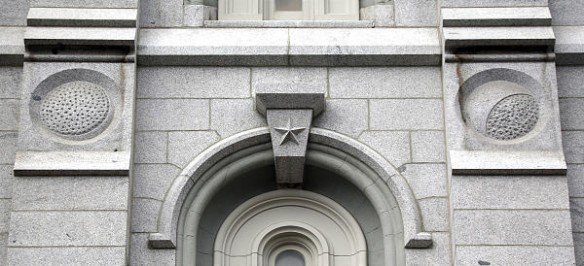By Jonathan A. Cavender
Jonathan A. Cavender is an attorney working in Provo, Utah. He is an avid fan of C. S. Lewis and Japanese modern literature. He is the proud father of four children, and records his daily thoughts on the scriptures (along with other odds and ends) at http://cavenderletters.blogspot.com/
Those who oppose same-sex marriage often hear from those who are in favor of it, “why does it matter?” When we share the concerns we have about a slippery slope leading from support for same-sex marriage to other destructive influences on religion and individual belief, we are sometimes derided.
Now, a survey posted on “The Public Discourse,” and performed by Mark Regnerus, has shown just what the results of adopting the world’s standards of morality regarding same-sex marriage can be.
In a massive study, involving 15,738 Americans, representative nationally, the study showed a strong correlation between support for same-sex marriage and other beliefs in opposition to traditional Christian morality. Churchgoing Christians who supported same-sex marriage were 726% more likely than churchgoing Christians who do not support same-sex marriage to believe that viewing pornography was ok, 341% more likely to believe that premarital habitation was a good thing, 647% more likely to believe that no-strings sex is ok, only 64% as likely to believe that couples with kids should stay married except if abused, 577% more likely to believe that marital infidelity is sometimes ok, 602% more likely to support abortion rights, and an astonishing 1,292% more likely to say that 3+ adults living in a sexual relationship was ok.
What is even more alarming is the fact that in each of those categories, the active, churchgoing supporters of same-sex marriage were closer to the average views of the world at large than they were to the average views of the Christian population. In other words, the distinctiveness of traditional Christian beliefs on sexual morality are lost among those who support same-sex marriage. In fact, churchgoing Christians who support same-sex marriage are actually more likely to say pornographic viewing is ok and that they support abortion rights (and equally like to say they believe marital infidelity is sometimes ok) than the general population at large.

